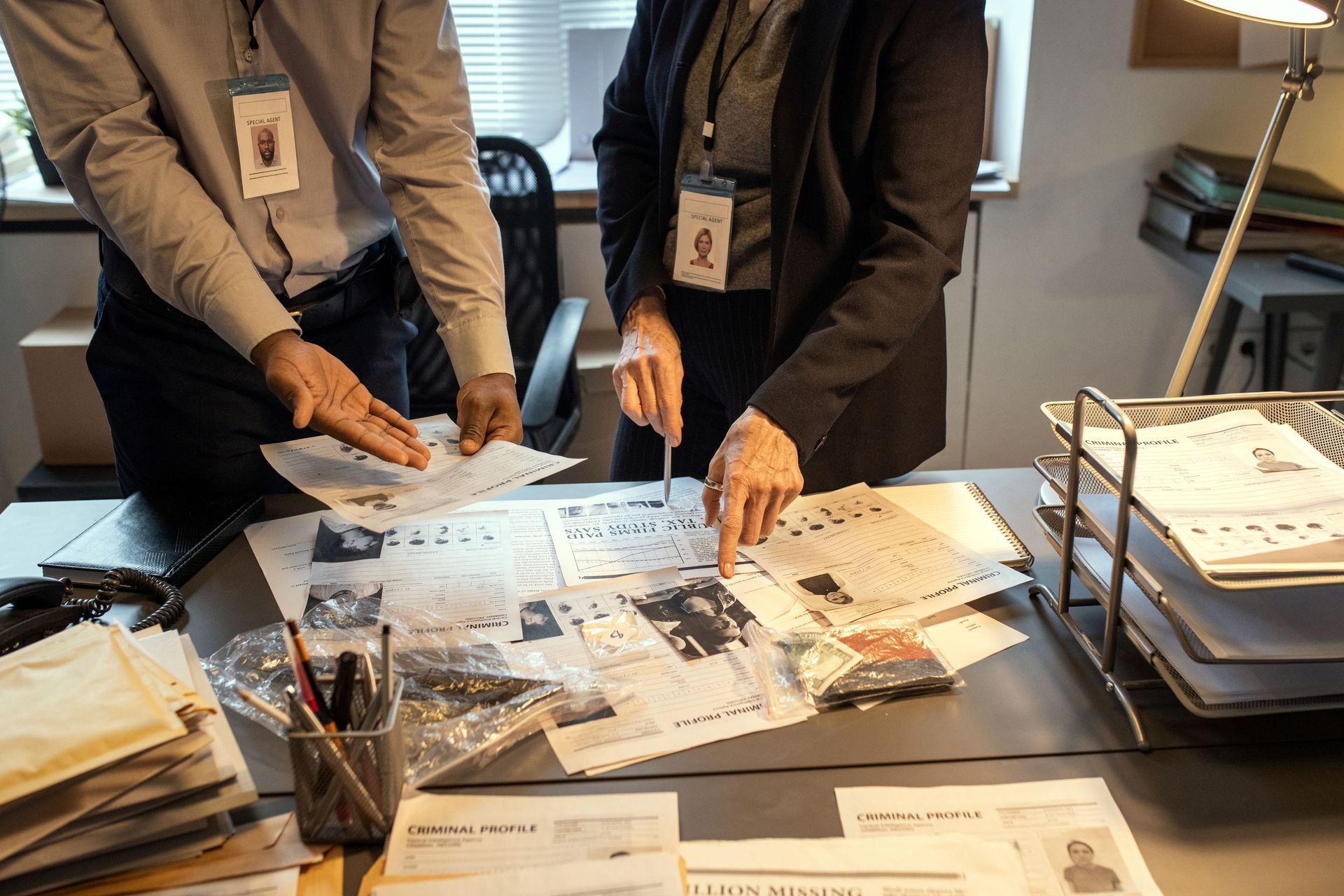
Call Today - Available 24/7
Defenses for Drug Crimes in Orlando, FL
In the state of Florida, drug crimes carry serious consequences that can greatly impact a person's life. If you or someone you know is facing drug charges in Orlando, it is imperative to have a strong defense strategy in place. From possession and distribution to trafficking and manufacturing, there are various types of drug offenses that can result in severe penalties. In this blog, we will explore the strategies and legal defenses available to individuals accused of drug crimes in Orlando. We will delve into the complexities of Florida's drug laws, as well as provide insight into how skilled criminal defense attorneys can navigate these laws to secure favorable outcomes for their clients.
Whether you are facing misdemeanor possession charges or felony drug trafficking allegations, understanding your rights and options is crucial in mounting an effective defense. With expert legal representation and a comprehensive understanding of the legal system, individuals charged with drug offenses in Orlando can potentially minimize their penalties or even have their charges dismissed altogether.
Understanding Orlando's Drug Laws and Penalties
Orlando, Florida has strict laws when it comes to drug offenses. Possession, sale, or trafficking of controlled substances can result in severe penalties including fines, probation, and incarceration. The severity of the punishment depends on factors such as the type and amount of drugs involved.
- Possession of small amounts of drugs for personal use may lead to misdemeanor charges.
- Sale or distribution of drugs can escalate the offense to a felony charge with more significant consequences.
- Trafficking large quantities of narcotics across state lines can incur federal charges and lengthy prison sentences.
It is crucial for individuals facing drug charges in Orlando to seek legal counsel promptly to understand their rights and explore defense strategies that could potentially mitigate or dismiss the charges against them.
Building a Strong Defense: Challenging Evidence and Witnesses
When building a strong defense against drug crimes in Orlando, one crucial aspect is challenging the evidence presented by the prosecution. This can involve questioning the reliability of witness testimonies, seeking to suppress illegally obtained evidence, or pointing out inconsistencies in forensic reports.
It is essential for your defense attorney to thoroughly examine the chain of custody for any drugs or paraphernalia seized as evidence. Any irregularities in how these items were handled could potentially weaken the prosecution's case against you. Additionally, questioning witnesses about their credibility and potential biases can help cast doubt on their accounts of events related to your case.
By strategically challenging both physical evidence and witness statements, you can create reasonable doubt in the minds of jurors or even get key pieces of evidence excluded from court proceedings. This proactive approach to defending drug crimes can significantly increase your chances of achieving a favorable outcome in your case.
Exploring Alternative Sentencing Options and Treatment Programs
When facing drug charges in Orlando, FL, exploring alternative sentencing options and treatment programs can be beneficial. These alternatives focus on rehabilitation rather than punishment, offering individuals a chance to address the root causes of their substance abuse.
- Drug Court: Drug courts offer non-violent offenders the opportunity to enroll in a specialized program that focuses on treatment and supervision instead of incarceration. Participants may undergo counseling, attend support groups, and submit to regular drug testing.
- Diversion Programs: Diversion programs allow eligible individuals to avoid traditional prosecution by completing requirements such as community service, drug education classes, or rehabilitation programs.
Consider hiring an experienced defense attorney who can advocate for these alternative sentencing options on your behalf. Through strategic legal representation, you may have the opportunity to access resources that prioritize your recovery and well-being over harsh penalties.
Working with Experienced Drug Crime Attorneys in Orlando, FL
When facing drug crime charges in Orlando, having an experienced attorney by your side can make a significant difference in the outcome of your case. With their knowledge of Florida's drug laws and court procedures, these attorneys can provide you with strategic legal defenses tailored to your specific situation. They will work tirelessly to protect your rights and mount a strong defense on your behalf.
By engaging the services of skilled drug crime attorneys in Orlando, you are investing in professional expertise that could ultimately lead to reduced charges or even case dismissal. Their understanding of how prosecutors build their cases enables them to anticipate arguments against you and counteract them effectively. In this challenging time, entrusting your defense to capable legal representatives offers you the best chance at a favorable resolution for your drug crime charges.
How Hanlon Law Can Help
Hanlon Law provides experienced legal representation for individuals facing drug crime charges in Orlando, FL. Whether facing charges for possession, trafficking, or distribution, our firm investigates every detail, challenges unlawful searches or seizures, and seeks to mitigate penalties or dismiss charges altogether. Our focus on aggressive advocacy and thorough legal analysis ensures clients receive the strongest possible defense.
To learn more about the causes and risk factors of sex crimes from a legal perspective, contact the skilled attorneys at
Hanlon Law to schedule a consultation. If you live in Orlando or in surrounding areas, be sure to
visit our website for more information on this topic.





We serve clients throughout Florida including those in the following localities: Hernando County including Spring Hill; Hillsborough County including Brandon, Riverview, and Tampa; Pinellas County including Clearwater, Largo, Palm Harbor, Pinellas Park, Seminole, and St. Petersburg; and Pasco County including Dade City, Hudson, and New Port Richey.
Clearwater Criminal Defense Lawyer Hanlon Law Website
St. Petersburg Criminal Lawyer Hanlon Law Website
Sarasota Criminal Defense Lawyer Hanlon Law Website
Bradenton Criminal Defense Lawyer Hanlon Law Website
Florida Expungement Lawyer Hanlon Law Website
Tampa Criminal Defense Lawyer Hanlon Law Website
Orlando Criminal Defense Lawyer Hanlon Law Website
This site is protected by reCAPTCHA and the Google Privacy Policy and Terms of Service apply.
Please do not include any confidential or sensitive information in a contact form, text message, or voicemail. The contact form sends information by non-encrypted email, which is not secure. Submitting a contact form, sending a text message, making a phone call, or leaving a voicemail does not create an attorney-client relationship.
All Rights Reserved | Hanlon Law






